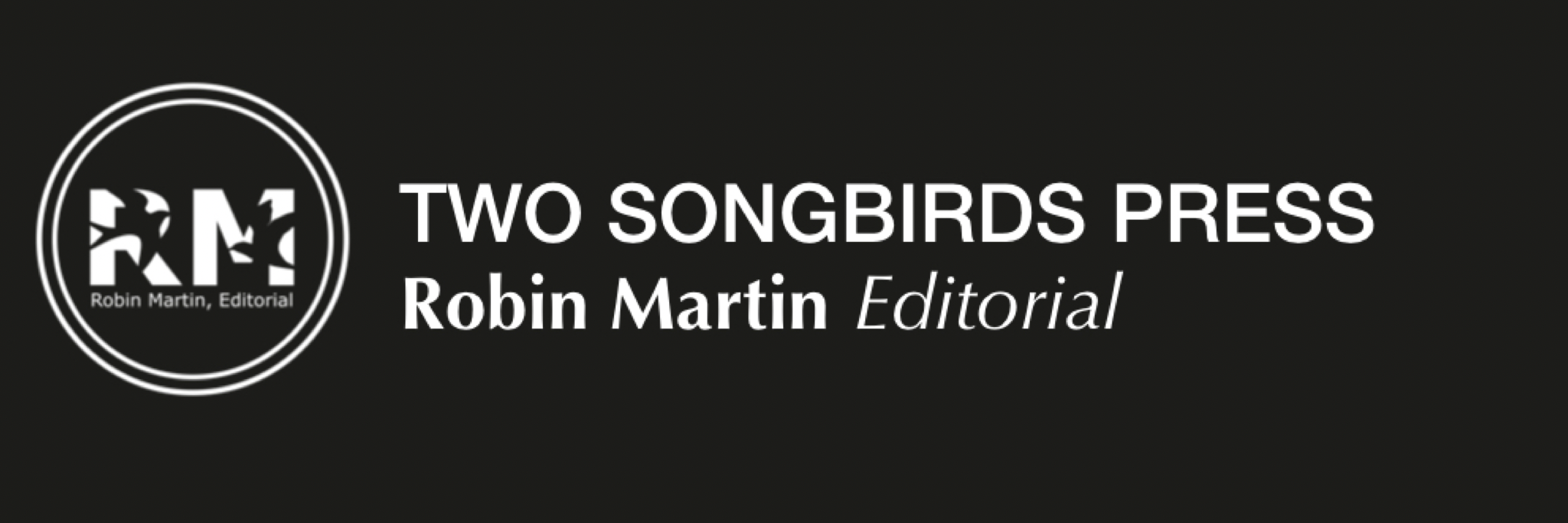- July 6, 2013
- Robin Martin
- No Comments

![]() When small press publisher Spuyten Duyvil released the anthology Wreckage of Reason in 2008, the Ted Pelton, of The Brooklyn Rail wrote: “Were this book published by St. Martin’s or Norton, they would have slapped its contents on wider margins and packaged it for the college market at twice the cost. Except Norton or St. Martin’s would never publish this book—it’s too dangerous, wild, and singular. Wreckage of Reason gives us three dozen women authors beyond any easily marketable definition; by any description, it’s an anthology worthy of an audience and acclaim.”
When small press publisher Spuyten Duyvil released the anthology Wreckage of Reason in 2008, the Ted Pelton, of The Brooklyn Rail wrote: “Were this book published by St. Martin’s or Norton, they would have slapped its contents on wider margins and packaged it for the college market at twice the cost. Except Norton or St. Martin’s would never publish this book—it’s too dangerous, wild, and singular. Wreckage of Reason gives us three dozen women authors beyond any easily marketable definition; by any description, it’s an anthology worthy of an audience and acclaim.”
What do you do if you are a writer who works “beyond any easily marketable definition?”
I just finished reading a New York Times Bestselling novel. It is written in alternating first and third person narration; the third person is from the limited point of view of an eleven year old French Jewish girl swept up in one of France’s great atrocities during the Nazi occupation. The first person narrator is an American ex-pat living in Paris in the modern day, a journalist assigned to research this round up of Jews for the 60th anniversary of the event. There is a mystery, a struggling marriage, the promise of newly budding love, with the backdrop of the holocaust. I read it in four hours. The subject matter indisputably compelling. This is highly marketable, and also highly formulaic. I won’t say the writer isn’t skilled, because she obviously grabs the writer with her descriptions and the way she establishes the scenes and evokes the reader’s emotions. So I’m not disrespecting this writer. I’m not disrespecting this genre. It has its place, a very important place, in the world of books and readers, and frankly keeps books in the public eye.
Can I point to moments of breathtaking language or astute observations of the human condition in the pages? I cannot. Is it great literature? Not by my definition. Sorry.
So when I work with a writer who wants to know how to make his book appeal to the market, whose prose is not only articulate but artistic, whose story has breadth as well as depth, whose story has many intertwining arcs, whose protagonist has many antagonists, and whose work may well refuse to fit on any of the major publishing houses book lists, a part of me grieves.
I believe that too many writers with great potential to affect readers with their prose are always looking for ways to sell their books. They water down their imagery–instead of dredging to get deeper into the real motivations of their characters, they are backfilling to make them accessible. They’ll dump an obscure barbaric British imperialist in favor of Adolph Hitler, and the reader, who might have actually learned something new or unexpected is cheated out of ever having that opportunity.
Valuable and relevant work is crafted every day. Small presses affirm this every day. While working with a small press might not be glamorous and might not give you an immediately recognizable name to drop at networking events, it is nonetheless crucial to maintaining the craft of writing (though you may both toil in poverty and obscurity).
So, what do you do if you are a writer who works “beyond any easily marketable definition?”
If you’re a writer with chops, a writer who crafts stories and who cares about the obscure and the meaningful, you might do well to ignore the call to achieve fame and fortune through writing. Write, damn it. Read small press books and write some more. Hone your craft to be the best it can be, not necessarily to fit the formula of the mainstream book publishers. And don’t consign yourself to the role of publisher, designer, marketer, and chief bottle washer if what you really are is a writer. We need writers. The world needs writers like it needs mothers, people devoted, truly dedicated to the task, despite the lack of acclaim. The future of the art and the world depend on them.



